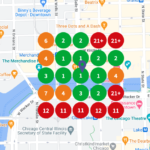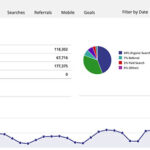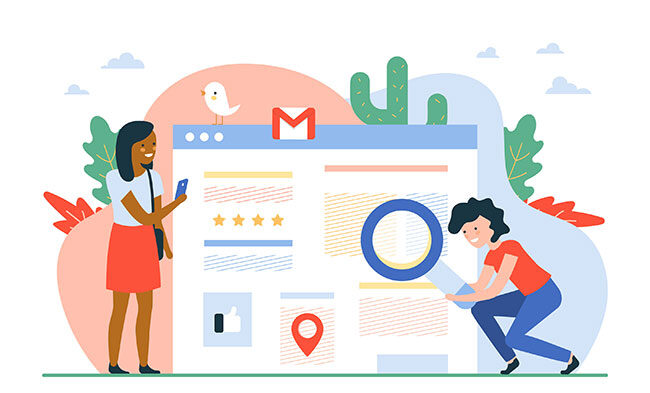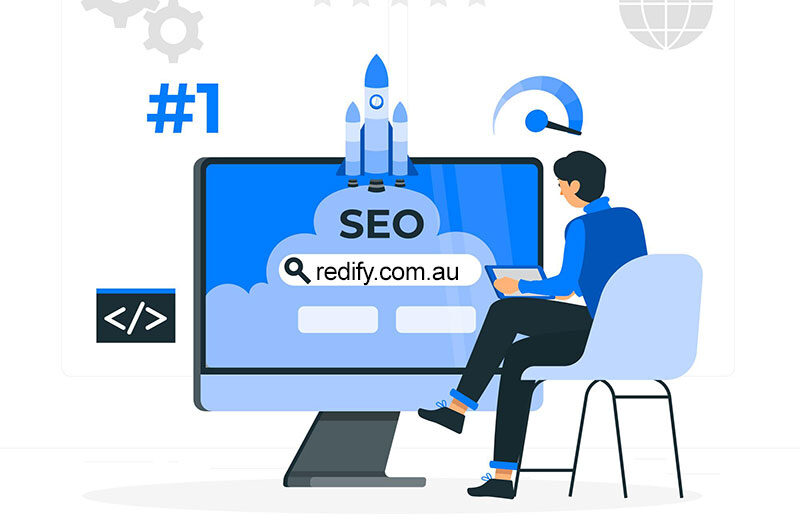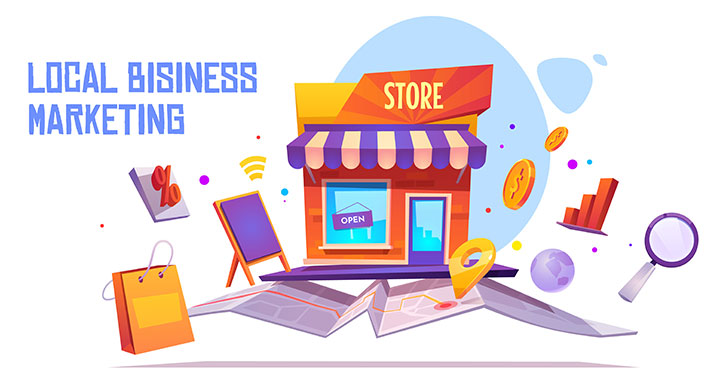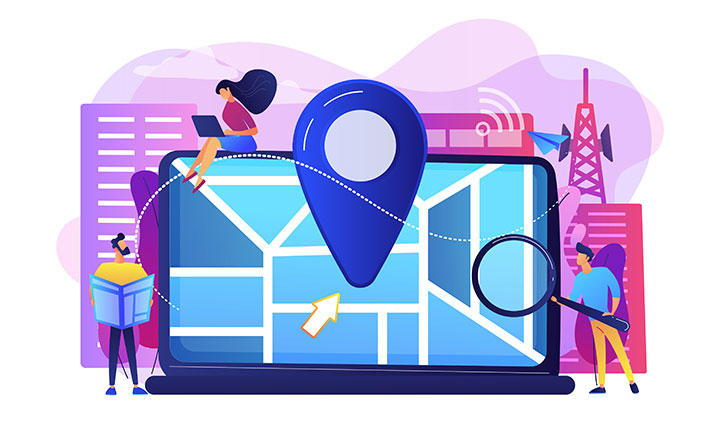Top 5 Digital Marketing Trends for 2023
Digital marketing is the practice of promoting products or services using digital channels such as search engines, social media, email, and mobile applications. The global digital marketing industry is expected to grow at a rate of 17.4% from 2021 to 2026, reaching $645.8 billion in value by 2026. The year 2023 will witness several changes in the digital marketing landscape due to the evolving technologies, consumer preferences, and regulatory landscape.
5 Key Digital Marketing Trends That Will Shape The Industry in 2023
Artificial Intelligence (AI) and Machine Learning (ML) in Digital Marketing
Artificial Intelligence (AI) and Machine Learning (ML) are expected to play a crucial role in digital marketing in 2023. AI and ML can help businesses to analyze vast amounts of data from multiple sources to gain insights into consumer behavior, preferences, and purchase patterns. AI can also help businesses to personalize their marketing campaigns and offers based on individual preferences and behaviors.
For instance, AI-powered chatbots can provide personalized assistance to customers, making the buying process more comfortable and convenient. AI-powered analytics tools can also help marketers to identify the most effective marketing channels, messages, and offers for specific customer segments.
Video Marketing
Video marketing is expected to continue to grow in popularity in 2023. The rise of social media platforms like TikTok and Instagram Reels has made short-form video content more accessible and popular than ever before. Businesses can use video marketing to engage with their audiences, build brand awareness, and drive conversions.
Live video streaming is another trend that is expected to gain momentum in 2023. Live video streaming allows businesses to connect with their audiences in real-time, providing an interactive and authentic experience. It can be used for product launches, Q&A sessions, and behind-the-scenes content, among others. Video marketing will also be optimized for mobile devices, as more and more consumers prefer to consume video content on their smartphones.
Voice Search Optimization
Voice search optimization is becoming increasingly important in digital marketing, as consumers increasingly use voice assistants like Amazon’s Alexa, Google Home, and Siri. By 2023, it is expected that 55% of households in the US will have a smart speaker. Voice search optimization involves optimizing your website and content for natural language queries and long-tail keywords. This can help businesses to rank higher in voice search results, increasing their visibility and driving traffic to their websites.
Influencer Marketing
Influencer marketing is a powerful way for businesses to reach a wider audience and build trust with their target customers. In 2023, influencer marketing is expected to become even more sophisticated, with businesses focusing on building long-term relationships with influencers rather than one-off campaigns. Businesses will need to identify influencers who align with their brand values and have an engaged and relevant audience.
Augmented Reality (AR) and Virtual Reality (VR)
AR and VR have the potential to revolutionize digital marketing by providing immersive and interactive experiences for consumers. AR and VR can be used to create virtual product demonstrations, 3D models, and interactive games that engage and entertain customers. In 2023, AR and VR will become more accessible to businesses of all sizes, as the technology becomes more affordable and user-friendly.
In short, businesses need to stay up-to-date with the latest digital marketing trends to remain competitive in 2023. AI and ML will become more prevalent, helping businesses to personalize their marketing campaigns and identify the most effective marketing channels. Video marketing will continue to be a popular way to engage with audiences, and businesses will optimize their videos for mobile devices. Voice search optimization will be essential for businesses looking to rank higher in voice search results. Influencer marketing will be a valuable tool for businesses to build trust with their target customers. AR and VR will become more accessible, allowing businesses to create immersive and interactive experiences for their audiences. By staying ahead of these digital marketing trends, businesses can better engage with their audiences, increase brand awareness, and ultimately drive conversions. It is important for businesses to be adaptable and willing to experiment with new technologies and strategies to stay relevant and succeed in the constantly evolving digital marketing landscape.
References:
- eMarketer: https://www.emarketer.com/content/global-digital-ad-spending-update-q2-2021
- HubSpot: https://blog.hubspot.com/marketing/marketing-trends
- Digital Marketing Institute: https://digitalmarketinginstitute.com/blog/digital-marketing-trends-2023


